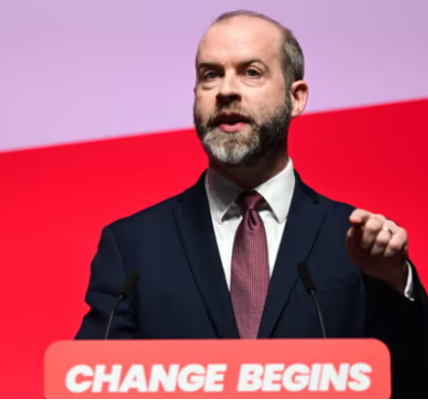Areas with the most violence in summer riots also had numbers of people out of work

Violence in Rotherham (Image: Getty)
This summer’s riots were “a wake-up call” revealing the need to get people back into work, says senior Tory Sir Iain Duncan Smith.
Research suggests a connection between high levels of worklessness and the violence that shocked the nation, with 14 out of 20 towns and cities hit by rioting also seeing high numbers dropping out of employment.
The report calls on the Government to switch £6billion from Whitehall to mayors and town halls, so local leaders can get people back to work and restore social order.
The trouble followed the killing of three children in Southport on July 29.
Politicians including Prime Minister Sir Keir Starmer have accused social media and far-Right groups of encouraging the violence by spreading false information about the identity of the alleged killer.
However research from the Centre of Social Justice, a think tank founded by Sir Iain, suggests failure to get people into work is also to blame. The MP, a former Work and Pensions Secretary, said: “Violence is never justified as a response, but what we have seen is a wake-up call to Westminster to listen to those who feel left behind and ignored. It is in these communities suffering from poverty and social breakdown where the disenchantment with national politics is greatest.”
A report published today by the CSJ says areas hit by riots such as Blackpool, Hartlepool, Liverpool and Southport also have high levels of people classed as “economically inactive”. While such people are not in work and not looking for a job, many say they would like to work if given the opportunity.
Authors of the study include Labour Mayor of Greater Manchester Andy Burnham, government minister Sir Stephen Timms MP,
former Conservative MP Miriam Cates, former leader of the Liberal Democrats Tim Farron and former Bank of England governor
Lord King. Mr Burnham said: “If we want
economic growth that benefits people and places, we can start by shifting power out of
an overheated centre and back into the hands of local communities.
“The current system simply doesn’t work for people, and often leaves them feeling worse, damaging confidence and self-esteem.”
The panel says local job coaches and charities should lead in getting people suffering from physical and mental ill-health into work.
The number of economically inactive people has jumped 400,000 in a year to 9.4 million, including three million of working age signed off with temporary or long-term sickness.

